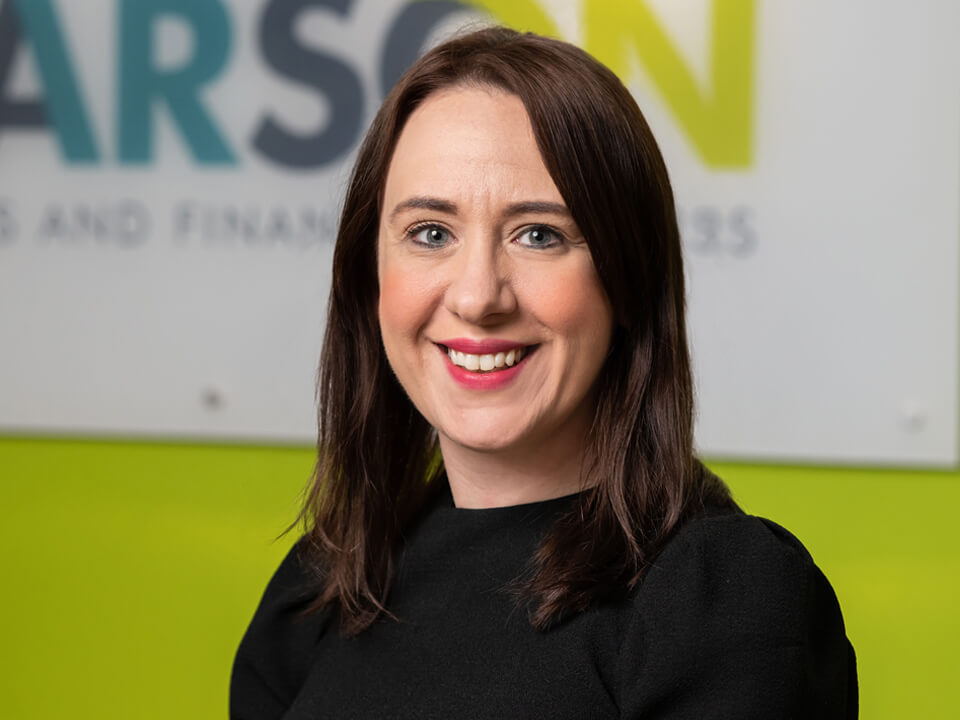The Cost of NHS Compensation Claims
When clients come to us seeking legal advice on an NHS compensation claim they are often at the end of their tether. Things have gone wrong and they may need further care and rehabilitation, for others it’s about an apology, an admittance that medically things did not go as planned and there is a hope and expectation that lessons will be learnt.
From 2020-21, there were 12,629 new clinical claims made against the NHS and over £2.2billion was paid out in medical negligence compensation claims and legal costs combined.
NHS Negligence Claims
NHS negligence claims span many specialties and range from prescription errors, to serious cerebral palsy, sepsis and major surgical errors. However, the largest percentage of compensation awards involves obstetrics and at Pearson Solicitors our team have extensive experience in managing cases that include birth trauma, obstetrics and gynaecological mistakes.
- Over the 2020 to 2021 period, the NHS settled 15,674 claims, some of these dating back years.
- 75% of claims in 2020 to 2021 were settled without court proceedings.
- The number of claims resolved without payment of damages equalled 6,986.
They can also be lengthy affairs and even if court is not the final outcome a medical negligence case can take years to settle. Every case is unique, but a simple uncontested claim may take 18 months to 2 years, whilst a more complicated case with court as final outcome can be 3 to 4 years, if not longer.
“Every year the NHS receives thousands of claims for medical negligence in varying degrees of severity and spends needless funds fighting compensation claims. Often we find that they offer to settle the case just before we are due to go to court and by then extensive legal costs have been accrued,” says medical negligence solicitor, Jacqueline White.
“Only this week one Trust I have been dealing with settled days before we were due in court, this of course places unnecessary strain on clients who quite simply want to put this episode behind them and get on with their lives.”
NHS Resolution - Saying Sorry
Compensation claims are paid by NHS Resolution on behalf of the Trust our client is claiming against, but I so often think if apologies were more forthcoming and some ownership of mistakes made and lessons to be learnt acknowledged, then less complex cases may not even go as far as compensation claims,” added Jacqueline.
“If a patient ends up needing extensive care after a medical mistake then of course they need all the help they can get and that is when the compensation claim is necessary.”
In their literature NHS Resolution state that saying sorry is:
- always the right thing to do
- not an admission of liability
- acknowledges that something could have gone better
- the first step to learning from what happened and
- preventing it recurring
As Jacqueline says the simple act of saying sorry can help patients deal better with what has happened to them and the mistakes made, and the NHS in all areas should not shy away from this. Similarly, the Compensation Act 2006 states;
‘An apology, an offer of treatment or other redress, shall not of itself amount to an admission of negligence or breach of statutory duty. In fact, delayed or poor communication makes it more likely that the patient will seek information in a different way such as complaining, or taking legal action. The existence of a formal complaint or claim should never prevent or delay you saying sorry.’
However, as Jacqueline adds successful compensation claims help clients rebuild their lives and the money awarded pays for treatment, home adaptations when needed and of course care.
“Every year at Pearson we handle a large variety of medical negligence compensation claims, but every successful negligence claim must satisfy a number of requirements on the balance of probabilities,” says Jacqui. “Namely that the defendant (usually the hospital Trust) owed a duty of care to the claimant, the defendant breached that duty of care and the defendant's breach of the duty of care caused damage or harm to the claimant.”
“A lot of my clients say that if they had just had an admission that something had gone wrong and an apology, even if the damage was life changing that apology means more to a lot of people than financial recompense.”
How can we help
For legal advice on how to pursue a medical negligence claim contact our specialist team on 0161 785 3500 or email enquiries@pearsonlegal.co.uk to see how a claim can be funded.
Subscribe to our newsletterPlease note that the information and opinions contained in this article are not intended to be comprehensive, nor to provide legal advice. No responsibility for its accuracy or correctness is assumed by Pearson Solicitors and Financial Advisers Ltd or any of its members or employees. Professional legal advice should be obtained before taking, or refraining from taking, any action as a result of this article.
This blog was posted some time ago and its contents may now be out of date. For the latest legal position relating to these issues, get in touch with the author - or make an enquiry now.





